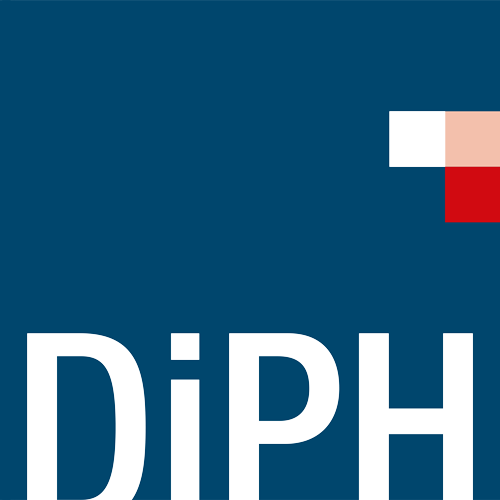How can digital health applications become fairer, more inclusive, and better? In conversation with host Rasmus Cloes, Prof. Dr. Ansgar Gerhardus explains how a new framework helps to evaluate digital services in a structured way – so that they not only work technically, but also really reach the people for whom they are intended.
New health apps are created every day – but not all of them are useful or safe. The new framework developed by Ansgar and his team helps to maintain an overview and systematically evaluate digital tools. Similar to the TÜV for cars, it provides clear guidelines for ensuring the quality of digital interventions before they are put into practice.
From target group understanding to data protection and accessibility, the framework covers all relevant dimensions that are crucial for equitable digital healthcare. It also highlights issues such as language, access, and cultural sensitivity—aspects that are often neglected.
Who benefits from the framework? Startups, developers, health insurance companies—anyone who works with digital health solutions benefits from the structured approach. It not only helps identify problems early on, but also saves resources in the long term. Especially in the early stages of development, it is invaluable for avoiding blind spots and creating more equitable offerings.
Ansgar reports on two pilot projects – including a chatbot for family caregivers – and how the framework helped identify critical issues early on. A university also used it to self-evaluate an extensive program – with the conclusion: “We wish we had had it sooner!”
The framework is currently available as a Word document and may soon be available as an online tool. The goal is to make it even easier and more intuitive to use, including a reminder function, filter options, and integration into project management workflows. After all, structured development is the first step toward greater equity in digital public health.






